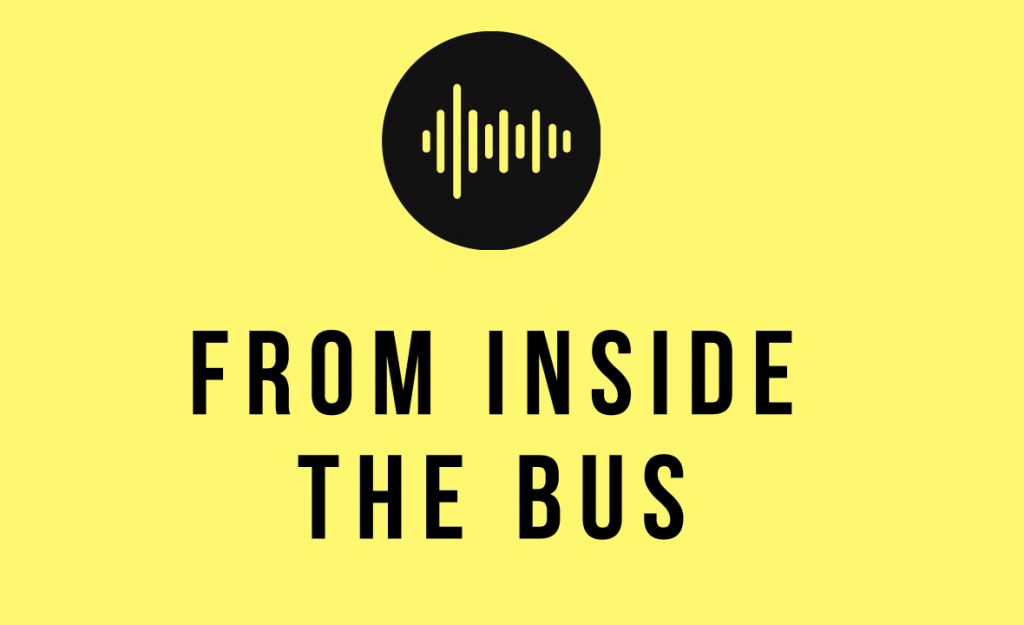Is the decision to review the National Development Plan (NDP) 2018-2027, a genuine effort to create policies to improve public transport, for Commuters and Taxpayers, otherwise known as customers? Or is there a danger that the plan will be recycled, unable to deliver effective, efficient public transport and unable to attract people out of their cars onto public transport?
Any parent will know that if they decide to take their young children away for a day, the best way to ensure an enjoyable, peaceful and worthwhile day is to consult and agree where their offspring might like to go. Deciding to take them to a museum or a public attraction against their will have a negative outcome. Expecting people to transfer from their cars to public transport is very similar. Apart from anything, It is the biggest untapped market around in transport terms, but it will not work if the authorities try to legislate or tax people out of their cars.
I can remember two events that changed peoples travelling patterns. In the 1970s, in a bid to increase numbers traveling by inter-city train, Irish Rail, or CIE as they were and known at the time, ran a high profile advertising campaign called “The Great Train Robbery”. Inter City trains were running the length and breath of the country, practically empty, costing the State a fortune. The campaign slashed the price of train tickets, while children travelled free with their parents. A more simplified ticket charging mechanism was introduced. The result was empty seats were filled and people got into the habit of traveling by train and leaving the car at home. One of CIE’s better campaigns. Event number two was a move by private bus operators to run weekend services between Dublin and provincial towns not served directly by trains or inter city buses. People voted with their feet and in most cases the services were very successful. Although it has been largely consigned to history now, the State, did their best to stop these services. Like the Pirate Radio Stations at the time, these services were illegal but they filled a gap in the market and as we now know they became part of the spine of public transport. Here we have an example of switched-on companies seeing a way to get more passengers to leave the car and travel by bus or train.
So back to the National Development Plan, with the Green Party in Government and some of the comments and statements made by Eamon Ryan, its party leader and Transport Minister, there has been a lot of comment about developing the rail network, improving cycle routes and reducing emissions. All of these are component parts of public transport, but not mutually exclusive. Roads and Buses will always be an essential part of public transport, they should be embraced, not tolerated. Where we have railways they should be used. Millions was spent developing a rail link between Limerick and Galway. Both cities are joined by a motorway which is more direct than the rail link and obviously faster than the circuitous route it takes in comparison to the road. That said, user numbers continue to rise. However the cities of Limerick and Waterford, both connected by a rail link and a terrible road, surely this rail route is worth developing its potential. Rail has a big future in public transport, but it has as many and maybe more skeletons in the closet as buses and the road have. If Green Party activists don’t include this in their thinking, they run the risk of being branded as enthusiasts, rather than realists.
In its submission to the review of the NDP plan, the CTTC is committed to increasing the numbers using public transport, warning of the dangers of a creep back to the private car, post-Covid-19. But the innovation that bus operators have introduced to the market, over many years, along with the investment in environmentally friendly equipment is testament to their commitment to sustaining the economy. Bus Eireann at a recent presentation to the Dail Transport Committee, outlined their intention, in a realistic way, to de-carbonise their fleet, using a combination of vehicles and solutions. Suburban Ireland is developing too fast to connect its residents to their workplaces, by rail, therefore, buses are required and lots of them. Routes and frequency should be influenced by local residents and local operators, using the most appropriate mode of transport.
Our economy faces significant challenges, post-Covid and Brexit. More people may choose to work from home, possibly, only the future will tell. One way or another we need more people to leave their cars at home. Some will always drive, others may walk, cycle, train or bus it, whatever suits them, but just as the supply chain routes are important for goods and freight, they are equally important for people. They may be working commuters, students, tourists or your mother going to collect her pension. The NDP should decide the most efficient way to transport them. Travel as an activity is a verb, but the mode of travel should be decided carefully, with the traveller in mind.



